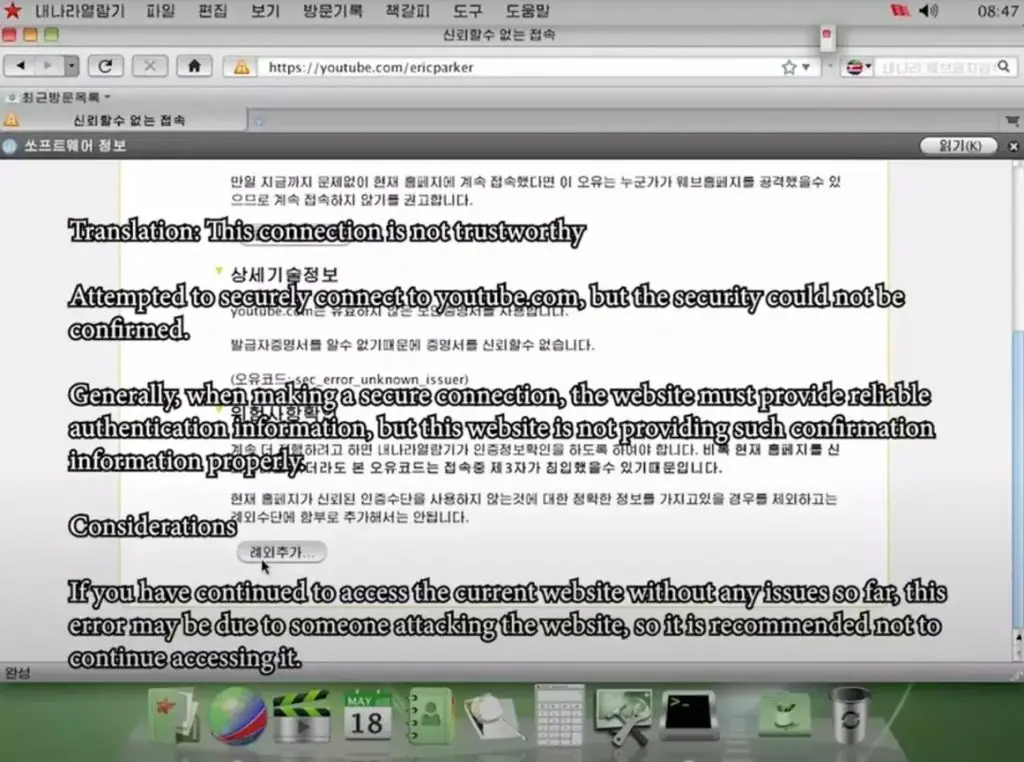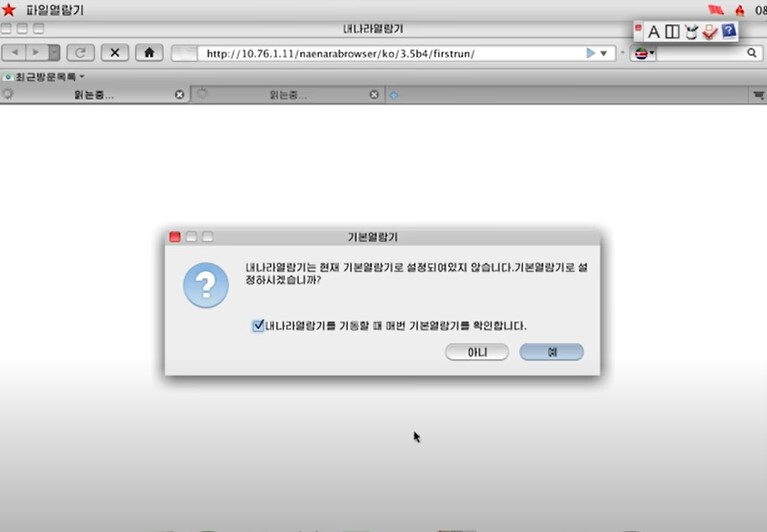Eric Parker, a tech enthusiast from the United States, has recently made headlines by managing to connect to North Korea’s highly restricted internet. North Korea, known for its extreme censorship and tight control over information, allows access to only a small number of government-approved websites. Parker’s unusual achievement has sparked curiosity and concern about the security and privacy implications of such a connection.

Parker, who specializes in network security, used publicly available tools to access North Korea’s limited online resources. While this might sound like a significant breach, Parker clarified that his connection was passive and did not involve hacking or any illegal activity. He described the experience as more of a “digital exploration” into one of the world’s most isolated networks. His endeavor highlights the vast differences between North Korea’s closed-off digital environment and the open internet most people in the world are accustomed to.
The North Korean internet, often referred to as Kwangmyong, operates as a closed intranet separate from the global internet. This network is primarily used for propaganda, educational content, and government communication, tightly controlled by the state. Parker’s ability to access this network, even momentarily, raises questions about how secure North Korea’s digital borders are and whether other outsiders might also be able to penetrate them.
Reactions to Parker’s feat have been mixed. Some view his actions as a harmless and intriguing experiment that sheds light on the technological landscape of a secretive nation. Others, however, express concerns about the ethical implications and potential risks associated with attempting to access North Korean networks, even out of curiosity. Given the stringent cybersecurity laws in many countries, Parker’s actions could potentially lead to legal repercussions, depending on interpretations of cybersecurity and privacy laws.
As North Korea remains one of the most isolated countries in the world, Parker’s story serves as a reminder of the complexities surrounding internet access and digital freedom. While the global internet promotes openness and connectivity, North Korea’s tightly controlled system exemplifies the extent to which a government can restrict and regulate digital information.




